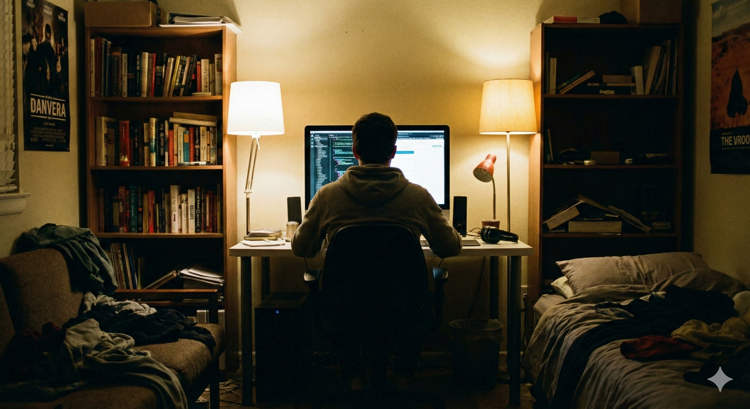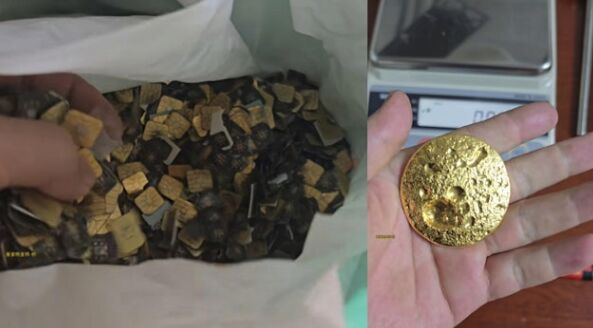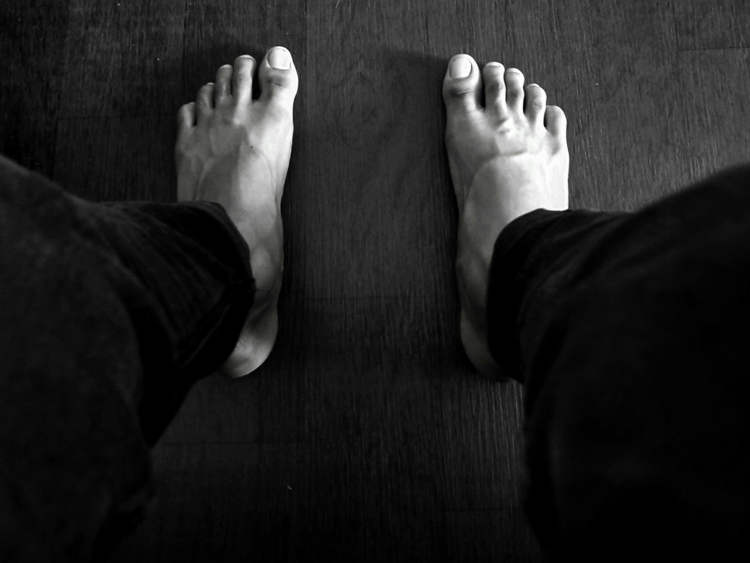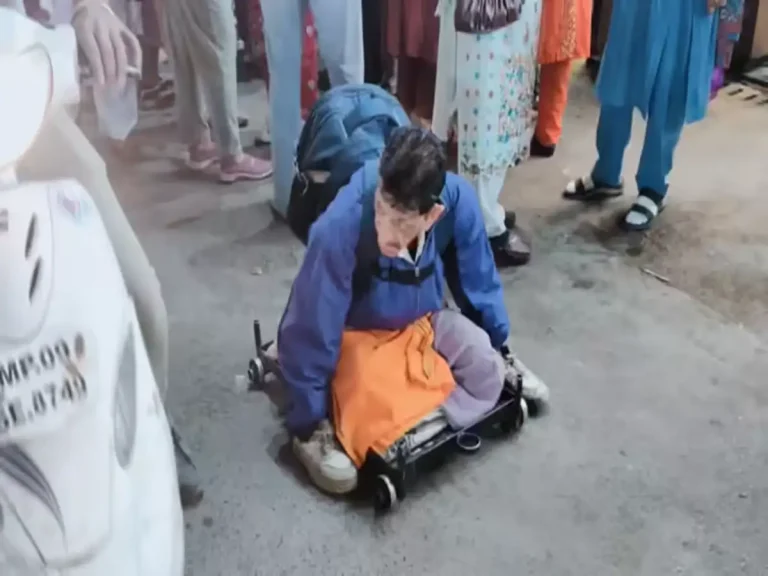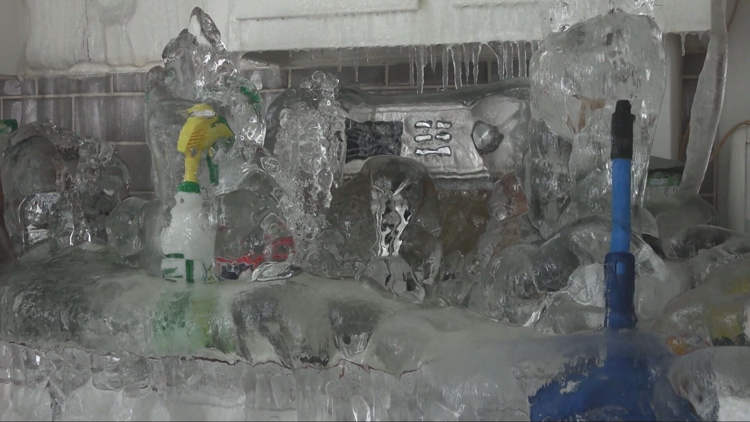47-year-old Daniel Kish has been completely blind ever since he was just a baby, but that hasn’t stopped him from living an incredibly active life which includes riding a bicycle or hiking alone in the mountains. To do this, he has perfected a form of echolocation, the same mechanism bats use to see in the dark.
Daniel has been blind for as long as he can remember. He was born with an aggressive form of cancer called retinoblastoma, which attacks the retina, and at only 13 months, doctors had to remove both his eyes, in order to save his life. He now has prosthetic eyes. He has never seen a tree, a car, or another human being, but he is perfectly able to navigate and even describe his surroundings in close detail, using echolocation, a technique he has been practicing from a very early age. Basically Daniel uses sound to see. Every environment and surface has its own acoustic signature and he produces brief, sharp clicks with his tongue to identify them. The sound waves he creates travel at a speed of over 1,000 feet per second, bounce off every object that surrounds him, and returns to his ears at the same rate, though vastly decreased in volume, telling him exactly what everything is, and where it’s located.
Photo: World Acces for the Blind
“I was using echolocation from the age of two, or younger, but I really didn’t know that much about it,” Kish said in an interview. “I doubt very seriously that most sighted people give much thought or attention about how they see, so I really didn’t give that much thought or attention about how I see.” But he figured it out pretty quickly, and since then he’s honed his echolocation skills almost to perfection. A team of Spanish scientists studied Kish and found the click he makes by snapping the tip of his tongue briefly and firmly against the roof of his mouth acoustically ideal for capturing echoes. A machine, they wrote, could not do it better. Daniel says there are two reasons echolocation, or FlashSonar, as he likes to call it, works so well for humans. The first is the positioning of our ears on each side of the head. It’s rare that we turn the wrong way when someone calls our name, because sound reaches the closer ear about a millisecond – a thousandth of a second – faster than the other, enough time for the auditory cortex to process the information.The second reason is our excellent hearing. We hear much better than we see, as proven by the fact that we can’t detect ultraviolet or infrared light, but in comparison we can hear up to 10 octaves. We can hear behind us, or around corners and even in a completely soundproof room, we are never in silence, as we can hear our own internal organs.
Daniel says he uses the sound reflecting from the environment to form three-dimensional images of his surroundings, in his head. “It’s not that I can really tell metal from wood, but I can tell the difference between the arrangement of structures,” he told the BBC. “For example, a wooden fence is likely to have thicker structures than a metal fence and when the area is very quiet, wood tends to reflect a warmer, duller sound than metal.” But the sense of imagery can be really rich for an experienced user of echolocation, allowing him to detect fine details, like whether a building is featureless or ornamented. He does point out that environmental conditions really have to be right in order for the FlashSonar to be reliable.
Ever since 2000, Daniel has set up a small non-profit called World Access for the Blind, which teaches echolocation for the visually impaired. Over 500 students from 25 countries around the world have taken classes from this real-life Batman, yet no major blind organization in America supports his mission. The National Federation of the Blind considers echolocation too complicated for most blind to grasp, and others even consider Daniel Kish “disgraceful” for promoting behavior such as tongue clicking that could be seen as off-putting and abnormal. But he is tired of hearing that the blind are best off staying close to home, sticking to memorized routes and depending on sighted people’s benevolence to perform the most mundane tasks, so despite a total lack of support, he continues to run his organization, offering those wiling to learn echolocation a chance to see with their ears.
Sources: BBC, Men’s Journal





